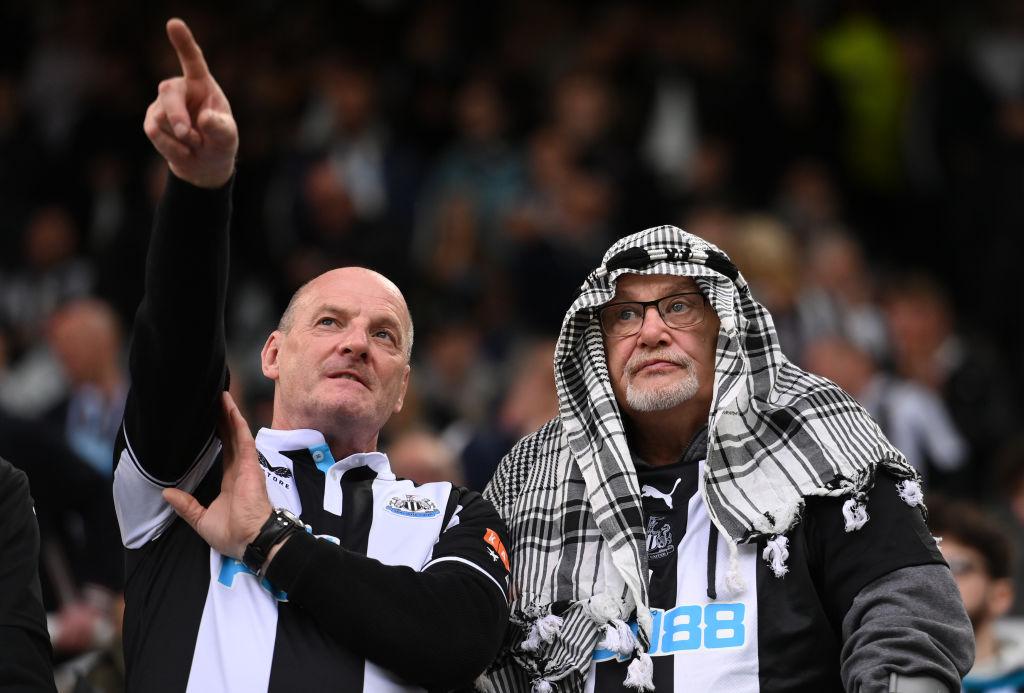Commentary
Football fans palpably celebrated when Newcastle United announced that Saudia Arabia’s Public Investment Fund (PIF) had purchased the club for a staggering £305 million ($419.7 million).

Football fans palpably celebrated when Newcastle United announced that Saudia Arabia’s Public Investment Fund (PIF) had purchased the club for a staggering £305 million ($419.7 million).